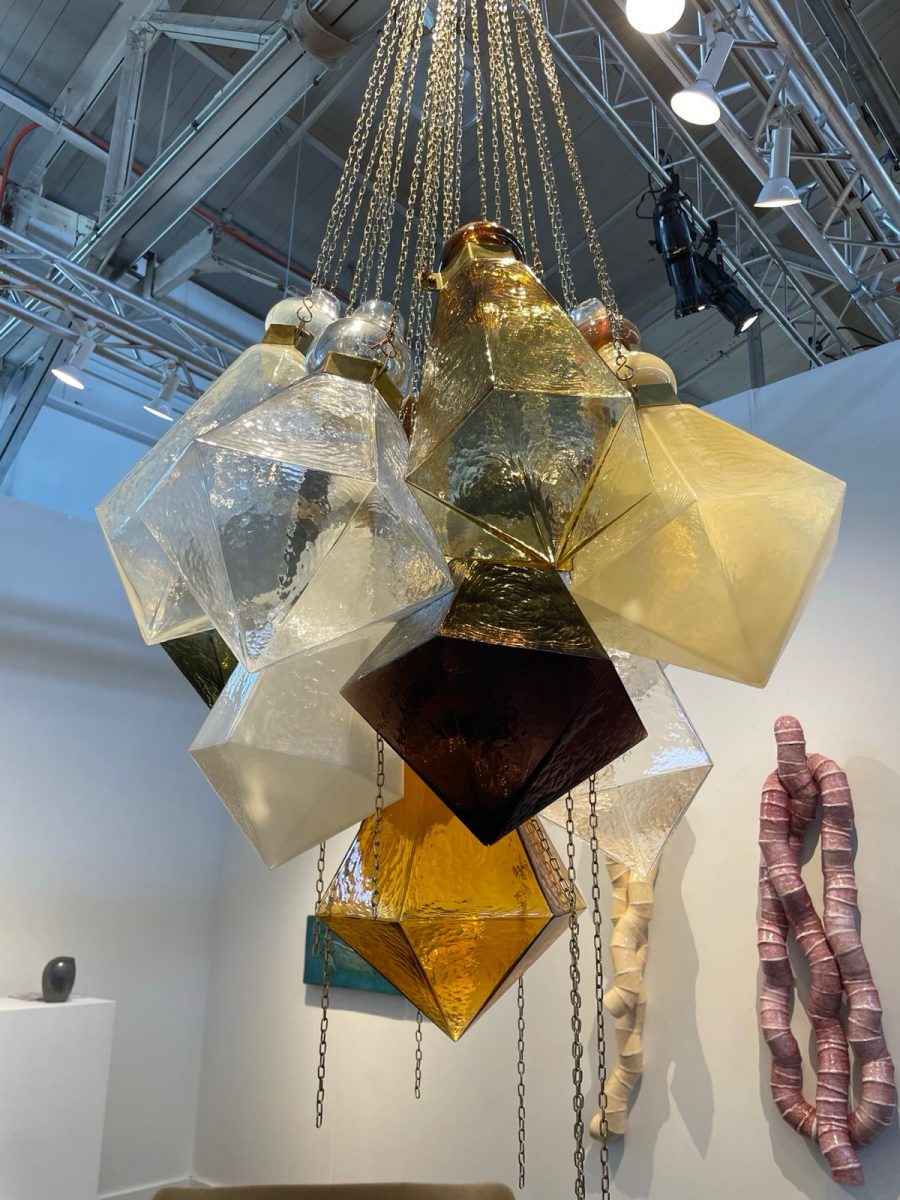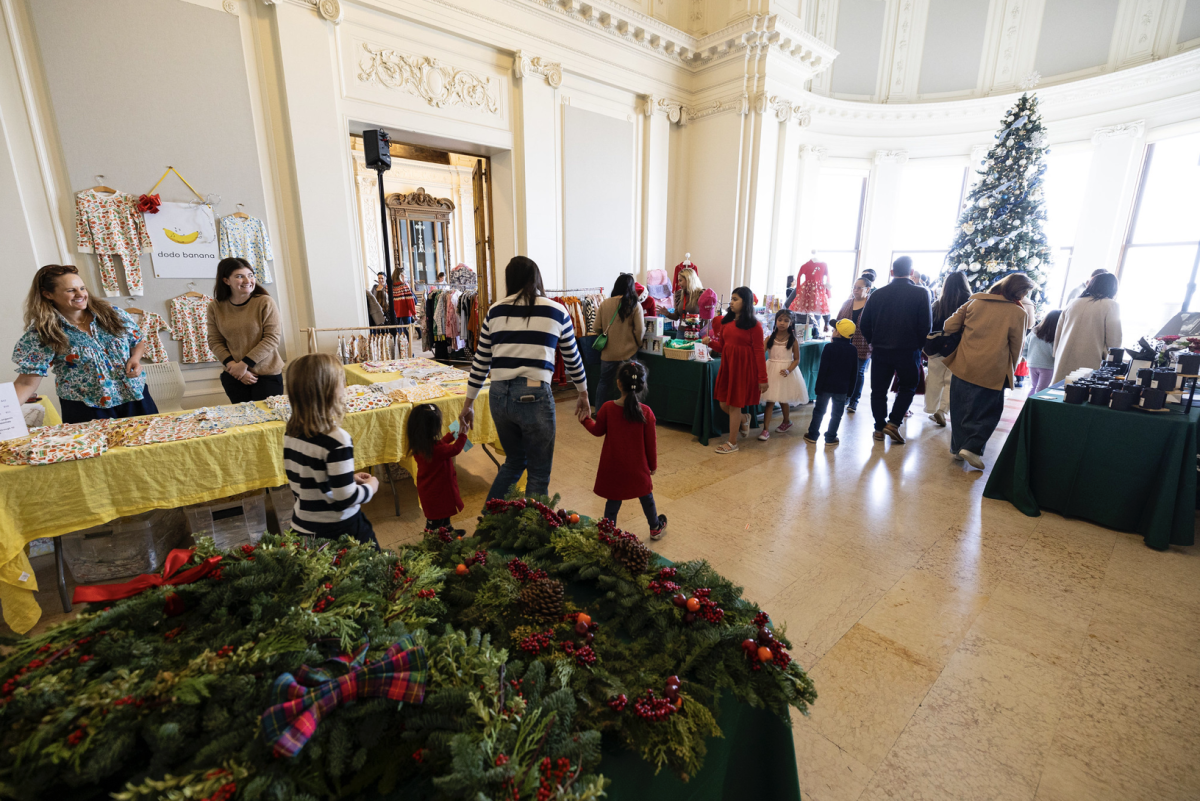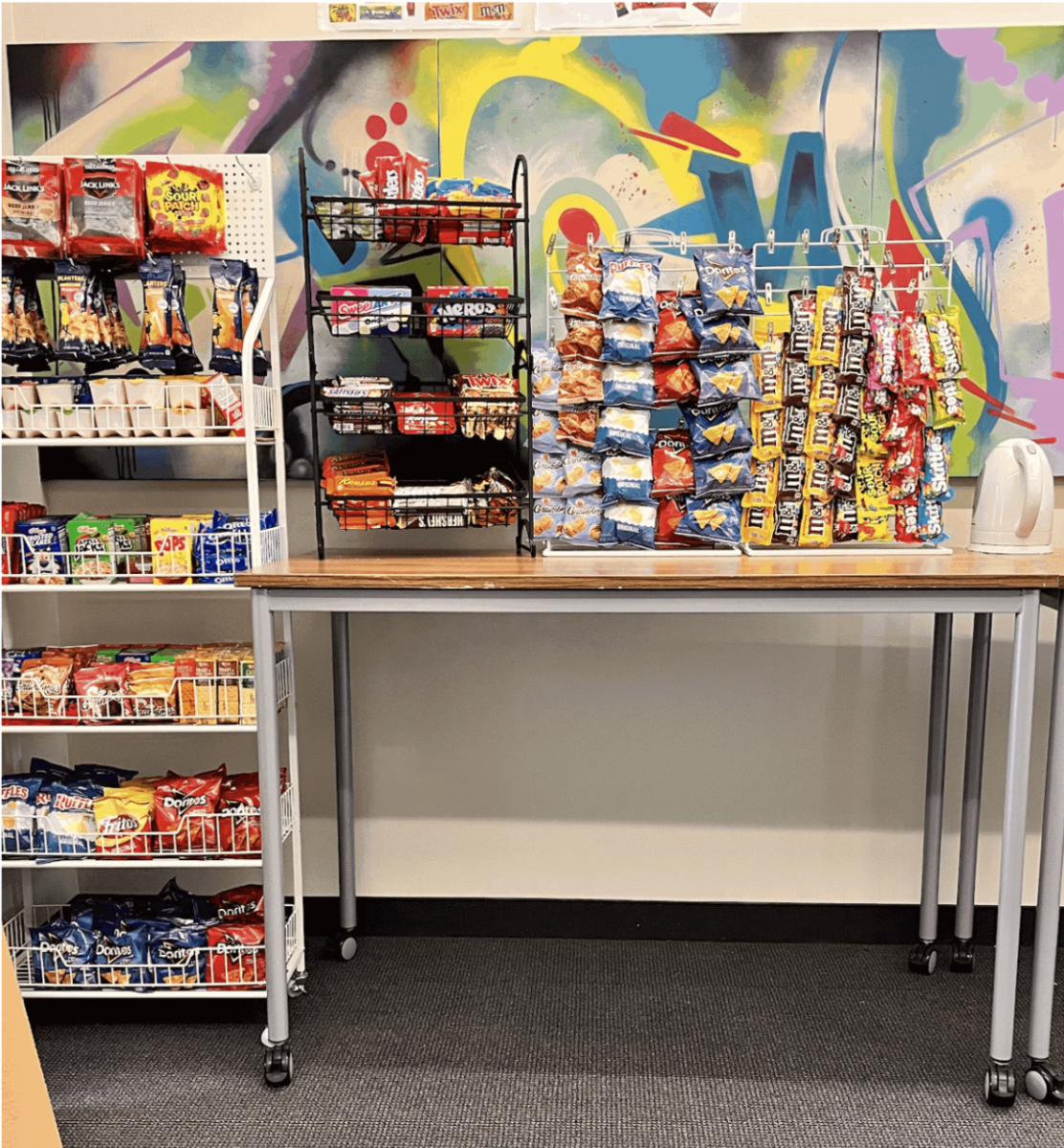Liz Smith
News Editor
Kneeling in bright yellow overalls, junior Cate Svendsen restrains a wiggling elephant seal with her oil-coated, gloved hands. As a volunteer at Sausalito’s Marine Mammal Center, Svendsen says this is a usual experience since the British Petroleum oil well explosion in the Gulf of Mexico last April.
“We humans need to remember that we are not the most important species on this planet,” Svendsen said. “There are other animals who help balance the ecosystem and humans can’t walk around blindly thinking everything will magically be solved.”
Despite being nearly 2,000 miles away from the Gulf of Mexico, the Marine Mammal Center depends on volunteers like Svendsen to find and rehabilitate injured marine animals from the spill.
“I do everything from preparing their breakfast in the morning by separating frozen dead fish into buckets to restraining elephant seals who need to be tube fed rather then eat whole fish,” Svendsen said. “I clean pens and once and awhile help move animals from one pen to anther pen.”
Svendsen’s volunteer work, as well as that of senior Nikki Hvid includes feeding, cleaning, and scrubbing the mammals. Some animals are so young or injured they must be tube fed. The majority of the mammals they treat suffer from malnutrition, domoic acid toxicity — caused from eating shellfish affected by some algae blooms — and a bacterial infection, leptospirosis.
Marine mammals, along with fish and shellfish, birds, and sea turtles can suffer chemical burns and irritation from direct contact with the oil, along with ulcers, internal bleeding, and poisoning from eating prey contaminated by oil, according to the National Wildlife Federation.
“The thing that separates volunteering with animals from helping the elderly or the environment is that animals can’t come to us when they need help,” Hvid said. “These mammals rely on us to find them because they can’t speak.”
While mammals in the Gulf of Mexico were the most immediately affected by the spill, the oil has affected mammals in the Bay Area. Petroleum accumulates on the coats of birds and seals and other mammals, and can be life-threatening.
“Something we learned is that one drop of oil, when spread over water, will cover the area of a two-car garage,” Hvid said. “Now imagine how much was spilled and how much area that will cover.”
As a reminder of all the water and garbage pollution seen not only because of the spill, but because of littering, the center has an art exhibit representing all of this damage. Svendsen has seen the exhibit grow over her past two years of volunteering.
Svendsen says she was inspired to volunteer at the center from childhood visits.
“I used to visit the Marine Mammal Center when I was younger,” Svendsen said. “I’ve always loved the ocean and marine life and I thought this would a fun educating way to help out.”
“These animals do need our help and it’s our job to do our very best to make sure they get a fair chance at life like we do,” Svendsen said. “If these animals were to go extinct then the whole ecosystem could be wiped out. That is why volunteering is so important.”








